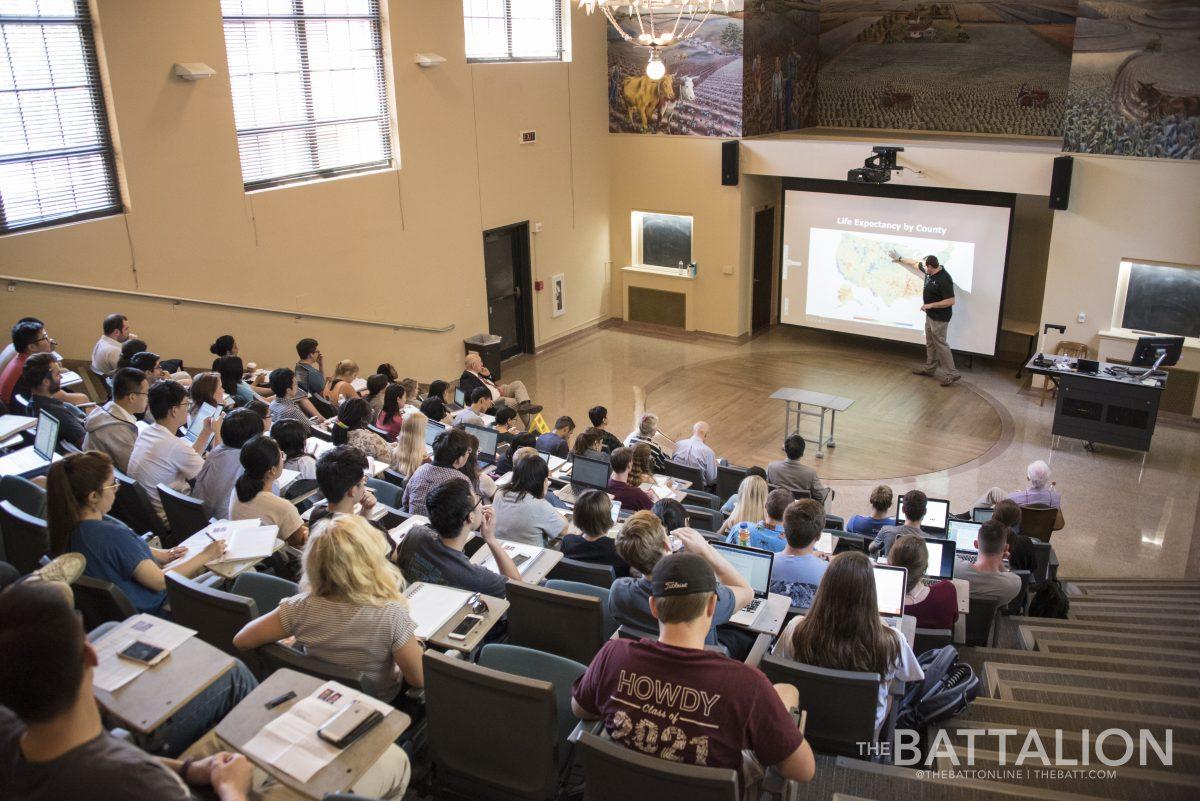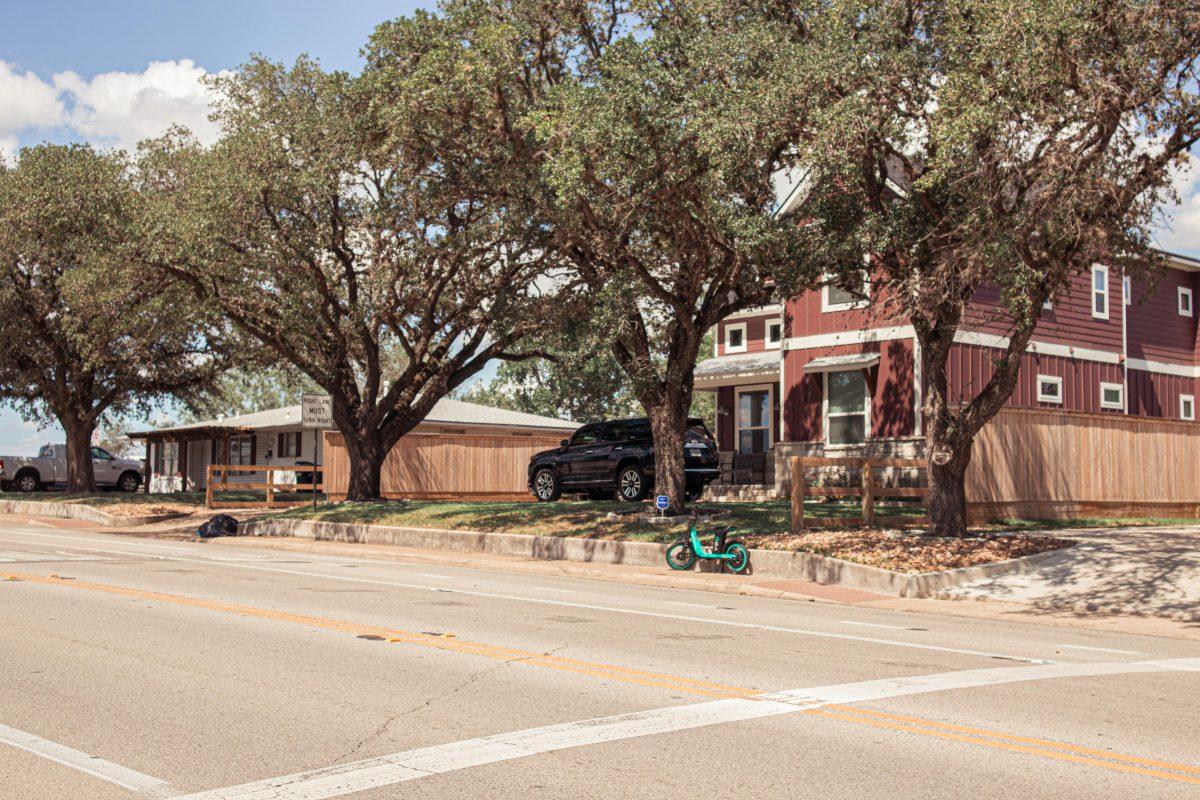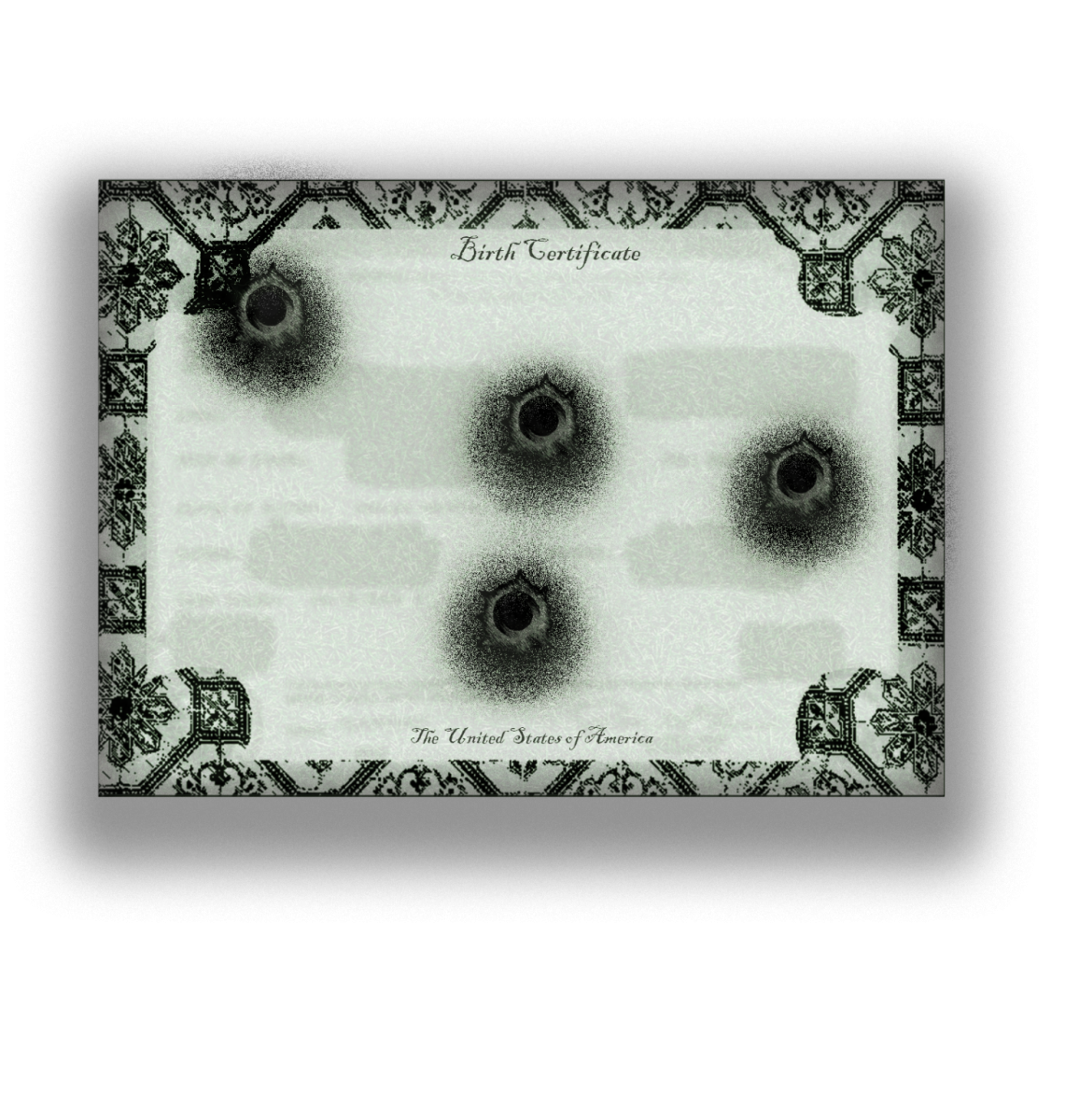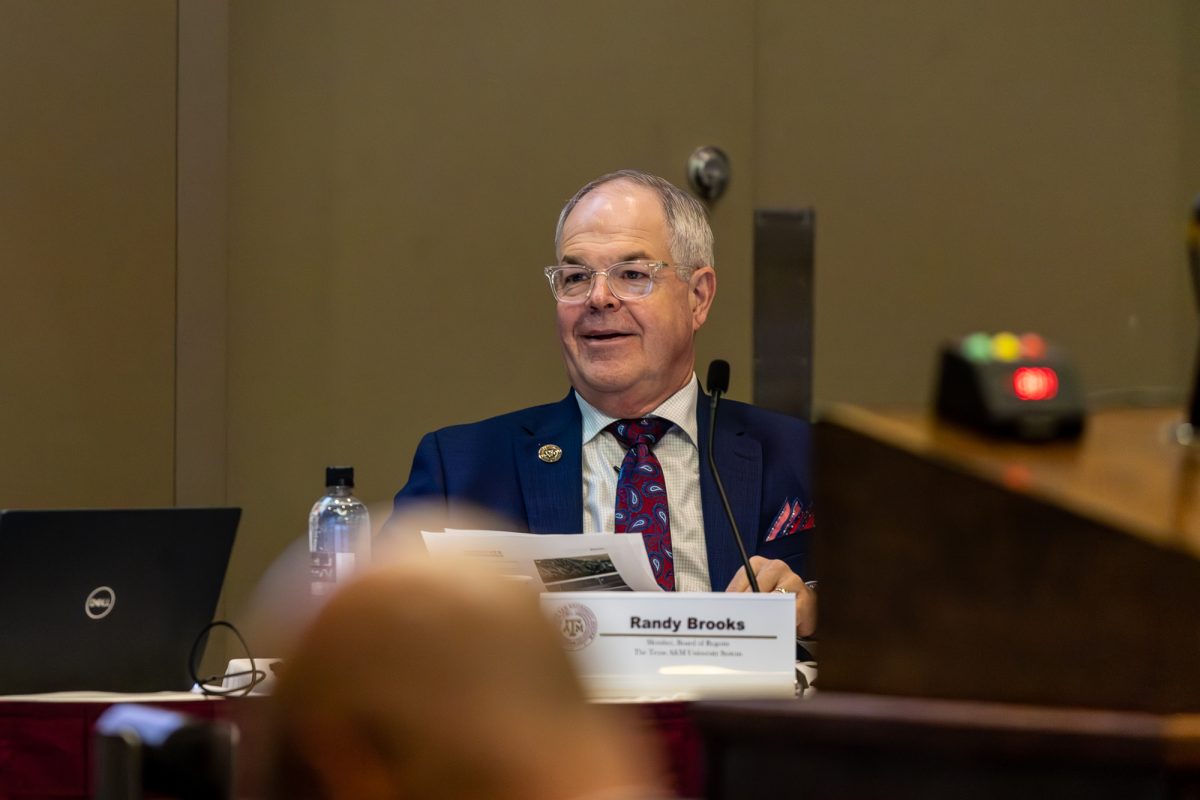When it comes to teaching, how you teach is just as important as what you teach. Most importantly, curriculum doesn’t mean anything if you don’t have a relationship with the students. It doesn’t matter what or how you teach. If the students don’t like you, your lessons won’t get through in the most effective way possible. In this short time I’ve been teaching, I’ve learned different ways of teaching as well as how to build relationships with the students, which is the most important aspect. Unfortunately, I had to find this out by myself or rely on a few trusted and good people. None of this is broadcasted to teachers as many do not use it, but they should.
Get to know your students beyond just their names and something “interesting” about them.
Just knowing a student’s name and something about them is not enough to know about them. Of course, you don’t have to know everything about them, but a teacher should try to learn about them beyond the surface: Understand their goals and interests and what their hopes are. My first week of school, I got rid of the desks — putting them in the corner — and placed the chairs into circles. The students were surprised, but the point of this was to focus on building relationships with the students and for them to get to know each other as well. In that circle, we talked about any and everything that, of course, falls within school rules. We talked about short-term and long-term goals, time traveling, super heroes, hobbies and relationships. It was a great exercise to get more familiar with the students versus me going in there during the middle of the year and going straight to teaching.
Just because they’re not looking at you, doesn’t mean they’re not paying attention.
It’s a common notion that someone has to be giving you eye contact to understand and hear what you’re saying. Although this is true in many cases, it’s not an absolute. This is a new generation who tend to multitask and have short attention spans. Understanding this saved me a lot of time that would have been spent on forcing students to look at me. Many times while I was teaching, students have their eyes on their phones and even have mini-conversations, but when I ask them to recite what I said, they tell it back to me perfectly. Some even have questions about what I said. Of course, there can be times where they do become distracted, but what I’ve learned is especially for young people, they can do something and learn at the same time.
Phones don’t disrupt class, our reactions to them do.
Phones are a big thing in our lives, and can be seen as big distractions in the classroom. Some teachers believe that a student can’t pay attention while on their phone, but the idea of getting rid of electronics can be a bigger headache in the classroom. I have found that students are doing something unrelated to school, but that doesn’t mean they’re not paying attention. One time a student was watching a show while asking me questions about the project. They were engaged with what I was saying, while watching a show, which I assume was meant to make class go by smoother. I am totally OK with this because, let’s be honest, trying to get a teenager or anyone to give up their electronics or not use it is a war we will never win. I mean, teachers and adults don’t even go a full class period without looking at their phones. It has been a habit for people to check their phones and be on their electronics, and that’s not something a teacher should aim to fix. That problem lies higher than the grasps of an educator. The only thing we can do is to manage it. Understand that students will be on their phones, just make sure they somehow get the lesson. It’s not impossible to learn while being on your phone. People — especially young people — can multitask. The alternative would be to try to confiscate the electronic, but a student quietly on their phone isn’t disrupting the class; however, a teacher making a scene about it which may lead to an argument does.
Brandon Lawson is a high school English teacher in California and author under the pen name Will SciFi. He can be found on Twitter and Instagram as @willscifi. His young adult dystopian book, Nova’s Blade, can be found at Barnes and Noble. His website is willscifi.com.
















